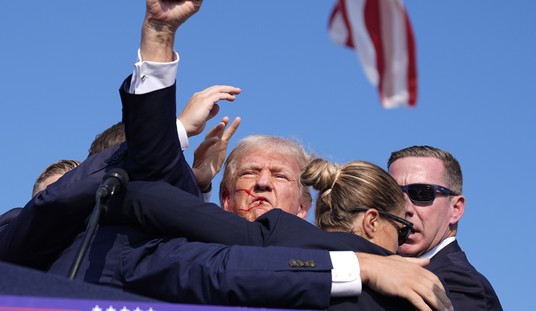By now, you may have read that a technology company head has been forced to resign on account of his support of traditional marriage. Yahoo News reports:
Mozilla Chief Executive Brendan Eich has stepped down, the company said on Thursday, after an online dating service urged a boycott of the company’s web browser because of a donation Eich made to opponents of gay marriage.
The software company came under fire for appointing Eich as CEO last month. In 2008, he gave money to oppose the legalization of gay marriage in California, a hot-button issue especially at a company that boasts about its policy of inclusiveness and diversity.
The boycott and subsequent response from Mozilla stand as examples of free association. Private entities have the right to condemn and disassociate from expression they find offensive. However, the story behind the story is how mandatory disclosure of campaign contributions like that made by Eich violates his rights, and those of countless others.
Consider why we have secret ballots. Why have labor unions and their surrogates fought so hard for card check? Knowing how someone votes enables opponents to retaliate. As Eich’s situation demonstrates, so too do the mandatory reporting requirements of campaign finance law.
This week, the Supreme Court ruled in a 5-4 decision that there should be no limits upon “how much money people can donate in total in one election season.” The Court properly recognized campaign contributions as expressions of free speech and exercises of free association. That recognition suggests that any limitation upon campaign finance violates individual rights.
The income tax has fostered a culture which regards how much someone makes, and how they spend it, as public business. Morally, such matters should remain private. Campaign finance law banning anonymous contributions chills speech in the same way public ballots would. When compelled to disclose campaign contributions, people cannot act freely upon their conscience. Donors must consider possible retaliation from parties who would not otherwise be privy to their beliefs or associations. Privacy emerges as a derivative of property and free association. Mandatory disclosure violates both, and thus violates privacy.
But campaign contributions affect public policy, you say. So how can they be private?
Voting affects public policy too. So when are we getting rid of secret ballots?










Join the conversation as a VIP Member